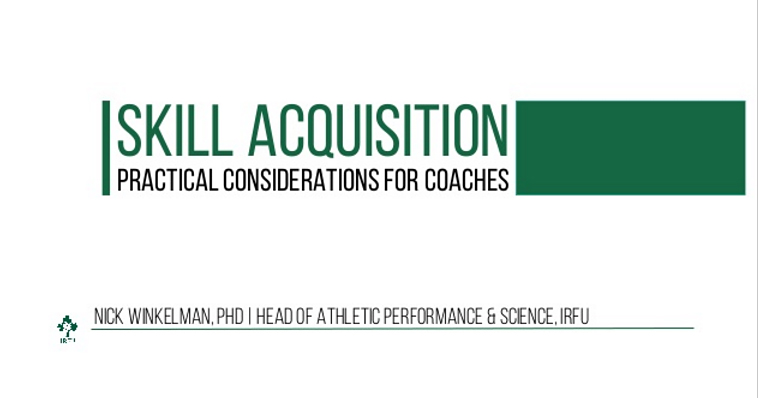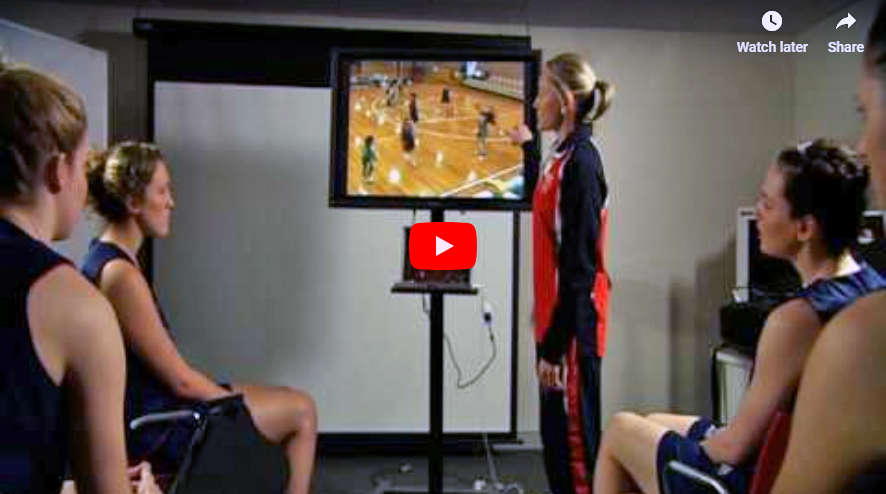Interview with Geoffrey Chiu
We just wrapped up an in-depth Q&A with Geoffrey Chiu, author of The Strength & Conditioning Handbook for Combat Sports. The conversation went way beyond the book — we delved into what has changed in his thinking since writing it, the realities of combat sports training, and how strength and conditioning (S&C) fits into skill-first environments.
Both of us asked: Do fighters really need all this extra conditioning, or can we get 80–90% of it from skill work alone? This led to a more extensive discussion about robustness, overtraining, and when to “top up” with supplemental methods such as road work, intervals, or strength training.
Too many fighters either get buried under endless circuits or they follow rigid plans that ignore what actually happens in skill practice — where unpredictability, fatigue, and teachable moments can’t be scheduled. Overtraining, a lack of adaptability, and misplaced priorities remain common pitfalls.
Geoffrey laid out a simple framework — skill comes first, conditioning fills gaps, and robustness matters as much as peak performance. We discussed the “barbell strategy” (building capacity vs. preventing breakdown), utilizing “pivots” instead of forced recovery days, and applying agile thinking to chaotic fight prep. We also compared cultural approaches, such as Muay Thai road work, debated shark tanks versus more skill-representative models, and discussed why coaches need to embrace athlete self-regulation instead of rigid templates.
This session is packed with insights on:
- Why most fighters are more at risk of overtraining than undertraining
- How to balance skill acquisition with supplemental conditioning
- The role of “pivot days” and athlete self-regulation in long fight camps
- When (and why) to still use road work, intervals, and strength training
- How to balance robustness vs. performance goals across prep, camp, and recovery phases
If you coach, fight, or want to understand how S&C actually works in combat sports, this one is worth your time.











Responses